Login Status
-
Free text
UPCOMING EVENTS:
 From August 18 to October 11, 2026; submissions due February 19.
From August 18 to October 11, 2026; submissions due February 19.FILE – Electronic Language International Festival is now accepting project submissions and invites artists, researchers, creators, and developers to participate in its next edition. An international reference in the fields of art, technology, and innovation, FILE will take place in … Continue reading →
 Wrocław University of Environmental and Life Sciences, 4th of Match 2026
Wrocław University of Environmental and Life Sciences, 4th of Match 2026The international conference “Cross-border cooperation in the era of challenges and transformation – space, energy, climate, culture” will be held on 4 March 2026 at the Wrocław University of Environmental and Life Sciences, in Wrocław, Poland. The conference will explore key issues facing border regions, from … Continue reading →
Topic: EU projects
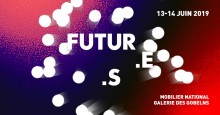
We are very happy to present two STARTS Residencies projects during Futur.e.s festival on 13th and 14th June, at the Galerie des Gobelins in Paris. Created by Cap Digital, Futur.e.s festival offers for two days interactive summits that mix inspirational … Continue reading
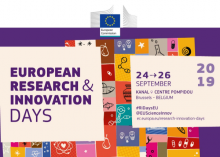
The European Research & Innovation Days draft programme is now available! This programme will be updated in the coming weeks and registrations will open in early June. When you register you will receive an automated email acknowledging receipt of your … Continue reading
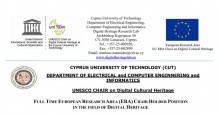
Applications are invited from candidates who possess the necessary qualifications in order to fill one (1) Full-time Researcher Position: Special Scientist for Research / Senior Researcher A / ERA Chair holder on Digital Cultural Heritage) at the newly established UNESCO … Continue reading

STARTS is an initiative of the European Commission to foster alliances of technology and artistic practice. As part of this initiative, the STARTS Prize awards the most pioneering collaborations and results in the field of creativity and innovation at the … Continue reading
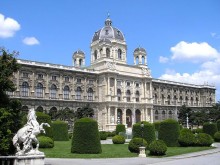
Virtual Multimodal Museum Coordination and Support Action project (www.vi-mm.eu), funded under Horizon 2020, has completed over two years’ work to provide strategic guidance for the European Commission and the wider cultural heritage community, on the future direction of Digital Cultural … Continue reading
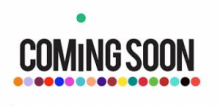
REvivEU is a project financed by the EU in the framework of the European Year of Cultural Heritage. The objective is to realize a series of pop-up exhibitions across 2019 in various European cities, to celebrate the diversity of European … Continue reading

EU leaders are committed to a Europe that brings real results in issues that matter most to people. See how you can get involved in helping to shape the future of the European Union. Ahead of a dedicated EU Summit … Continue reading
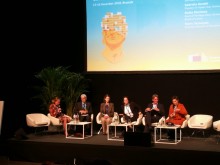
Held in November 2018 in Brussels, the Fair was a wonderful occasion to see how the EU is promoting research & innovation in cultural heritage, fostering creativity and new connections across countries. The event showcased the latest innovations in cultural … Continue reading
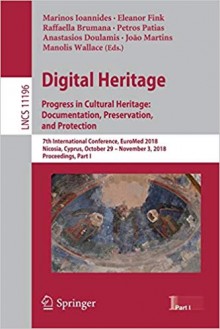
The 21 full papers, 47 project papers, and 29 short papers presented at the 7th International Conference on Digital Heritage, EuroMed 2018, held in Nicosia, Cyprus, in October/November 2018 were carefully reviewed and selected from 537 submissions. The papers are … Continue reading
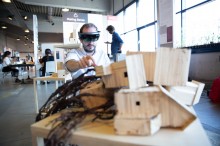
Tech Projects Interested in working with artists to expand technological boundaries, explore novel utilizations, produce new prototypes, and stimulate groundbreaking processes? Boost the innovation potential of your technology by applying to the STARTS Residencies! Only two weeks left to submit … Continue reading
































